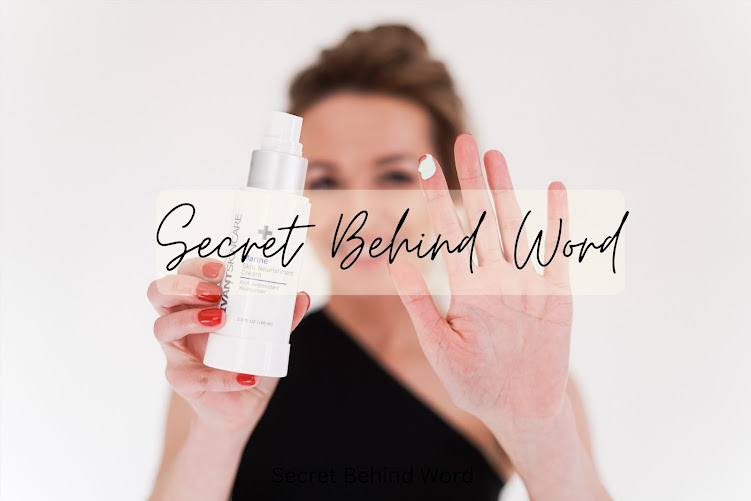Table of Content
Table of Content
2.3 Medications 2.6 Tumors 2.7 Acromegaly 2.8 Obesity
3.1 Electrolysis
3.3 Hormonal Therapy
3.4 Surgery
4.2 Anti-androgens 4.4 Metformin
5.2 Turmeric 5.4 Weight Loss
What is Hirsutism
Hirsutism is a medical condition in which women develop excessive hair growth on their face, chest, back, and other areas of the body where hair growth is not typically seen in women. This hair growth is often thicker and darker than normal hair growth, and it can cause emotional distress and embarrassment for those who experience it.
What causes increased female facial hair?
Hirsutism is caused by an excess of male hormones called androgens, which are usually present in both men and women. These hormones can be produced by the ovaries, adrenal glands, or from other sources. The most common cause of hirsutism is polycystic ovary syndrome (PCOS), a condition in which the ovaries produce too many androgens.
Other causes of hirsutism can include certain medications, such as steroids, and medical conditions such as Cushing's syndrome, congenital adrenal hyperplasia, and tumors that produce androgens. In some cases, the cause of hirsutism may be unknown.
Hirsutism can be treated with medications such as oral contraceptives, anti-androgens, and topical creams that slow hair growth. In some cases, hair removal techniques such as shaving, waxing, and laser hair removal may be used to manage excessive hair growth. It's important to talk to a healthcare provider if you're experiencing hirsutism, as it can sometimes be a symptom of an underlying medical condition that requires treatment.
Hirsutism Causes
Intense facial hair growth in women is a medical condition known as hirsutism. It is characterized by the excessive growth of hair on the face and other parts of the body where hair growth is typically seen in men. The causes of hirsutism can vary, but the most common cause is an excess of male hormones called androgens. Here are some of the possible causes of hirsutism in women:
1. Polycystic ovary syndrome (PCOS):
2. Idiopathic hirsutism:
3. Medications:
4. Congenital adrenal hyperplasia (CAH):
5. Cushing's syndrome:
6. Tumors:
7. Acromegaly:
8. Obesity:
It's important to note that not all women with hirsutism have an underlying medical condition. However, if you're experiencing excessive hair growth, it's important to talk to a healthcare provider to determine the cause and appropriate treatment.
Hirsutism Treatments:
Several permanent hirsutism treatments can be affordable for many people. These treatments can help reduce or eliminate excessive hair growth on the face and body. Here are some of the most common permanent treatments for hirsutism:
1. Electrolysis:
2. Laser hair removal:
3. Hormonal therapy:
4. Surgery:
In rare cases, surgery may be necessary to remove a tumor or other abnormal growth that is causing hirsutism.
It's important to note that these treatments may not be affordable for everyone, and the cost can vary depending on factors such as the type of treatment, the severity of the hirsutism, and the location of the treatment facility. Additionally, some treatments may not be covered by insurance, which can make them even more expensive.
It's recommended to consult with a healthcare provider to determine the most appropriate and affordable treatment for your individual situation. In some cases, hair removal techniques such as shaving, waxing, and depilatory creams may be more affordable options for managing excessive hair growth.
Medications for Hirsutism:
Several medications can help to reduce or eliminate excessive hair growth associated with hirsutism. The specific medication or combination of medications that a healthcare provider may recommend will depend on the underlying cause of hirsutism. Here are some of the most common medications used to treat hirsutism:
1. Oral contraceptives:
Birth control pills that contain estrogen and progestin can help regulate hormone levels and reduce excess hair growth by suppressing androgen production. Oral contraceptives may be particularly effective in women with hirsutism caused by polycystic ovary syndrome (PCOS).
2. Anti-androgens:
3. Topical eflornithine:
4. Metformin:
It's important to note that these medications may have side effects and may not be appropriate for everyone. It's recommended to consult with a healthcare provider to determine the most appropriate medication and dosage for your individual situation. Additionally, it may take several months to see results from medication treatments for hirsutism, and hair removal techniques such as shaving, waxing, and depilatory creams may be necessary in the meantime.
Hirsutism Natural Treatment
While there are no home remedies that can cure hirsutism, there are some natural remedies that may help to reduce excessive hair growth or improve the appearance of the skin. Here are some home remedies that may be helpful for hirsutism:
1. Spearmint tea:
Drinking spearmint tea may help to reduce excessive hair growth by reducing androgen levels. In one study, women who drank two cups of spearmint tea per day for five days had a significant reduction in free testosterone levels.
2. Turmeric:
3. Saw palmetto:
4. Weight loss:
It's important to note that home remedies may not be effective for everyone and should not be used as a substitute for medical treatment. It's recommended to consult with a healthcare provider to determine the most appropriate treatment for hirsutism. Additionally, hair removal techniques such as shaving, waxing, and depilatory creams may be necessary to manage excessive hair growth.



